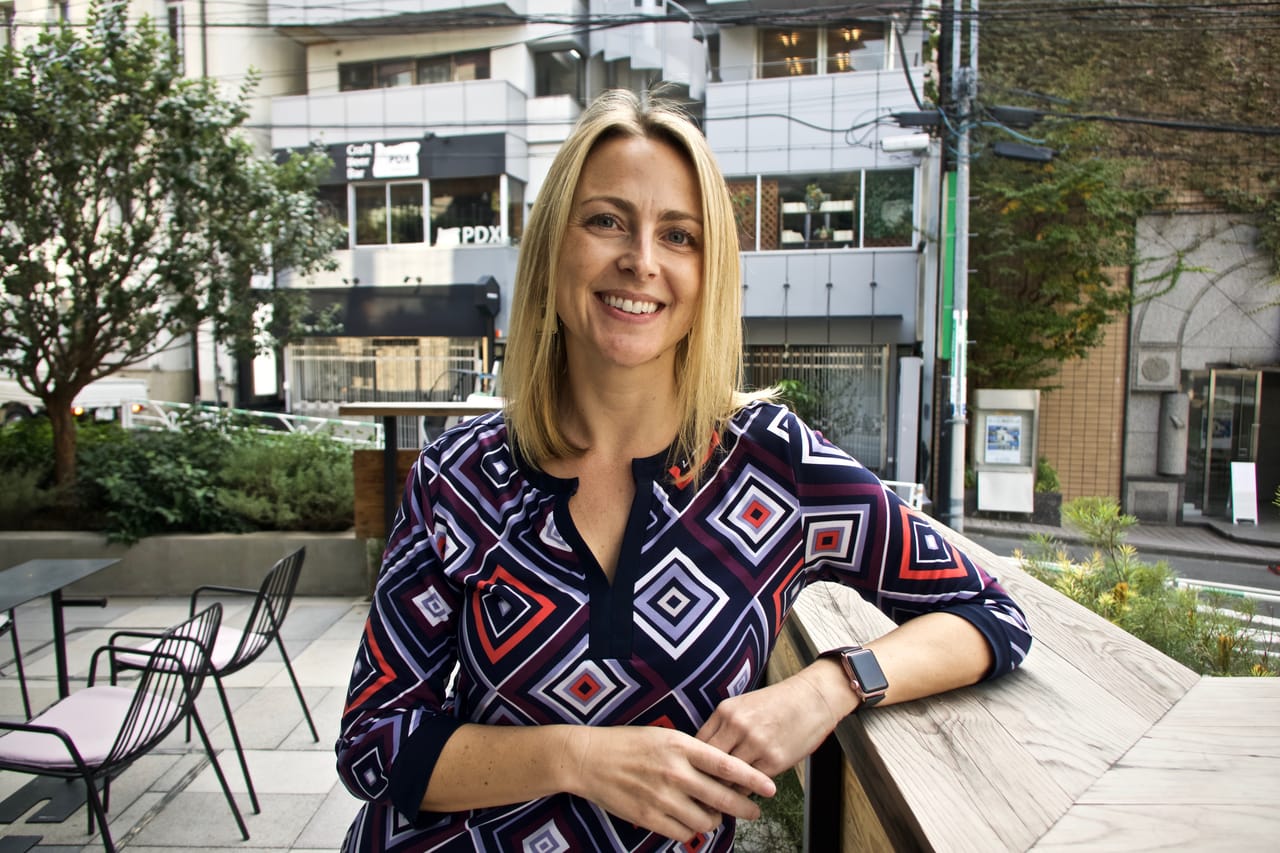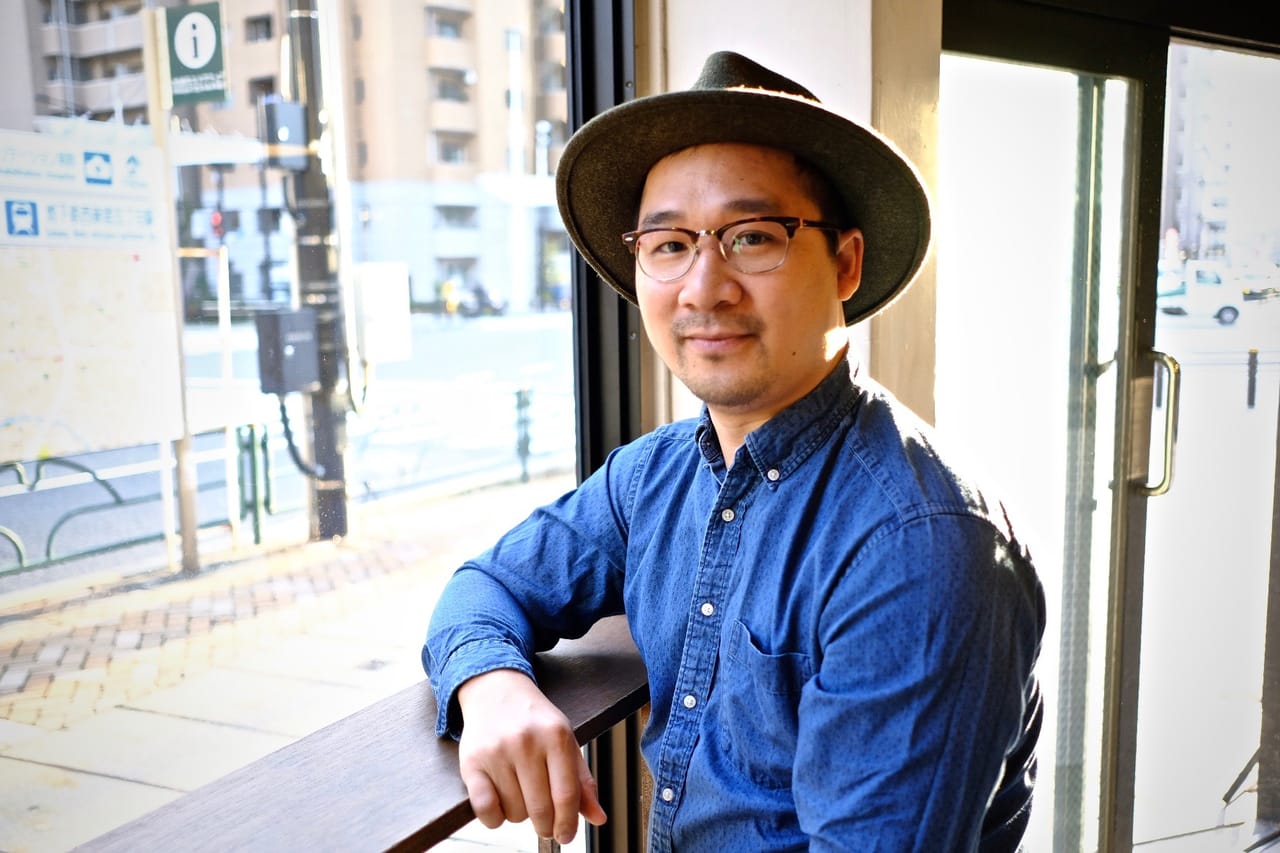Talk to enough foreigners in Tokyo and a common theme will quickly emerge: the city has an uncanny ability to make visitors fall madly in love with it. The attraction is universal, from the traveler who’s visiting Japan for the first time to the expat who came over for a working holiday a decade ago and never left. Those who stick around often talk about how quickly the years have gone by. Those who leave find themselves forever lusting after their halcyon Tokyo days.
Proof of the city’s popularity is obvious in the numbers, too. According to Tokyo Metropolitan Government statistics, more than six million foreign tourists visited Tokyo in the first half of 2016. This was an increase of 14.7 percent for the same time in 2015, and there are no signs of this slowing down.
In October, Conde Nast Traveler announced Tokyo as the best city in the world in its 2017 Readers’ Choice Awards. Meanwhile, The 2017 Telegraph Travel Awards placed Tokyo as the third greatest city. Also last year, Monocle ranked Tokyo as the most liveable city in the world for the third year in a row. The 486,000-plus foreigners living here – up three percent from 2013 – might tend to agree. But why?
 “I love how seriously Japanese people can take something that’s not that serious”
“I love how seriously Japanese people can take something that’s not that serious”
Julia Mascetti is a classically trained harpist who has been performing at weddings since she was 16. So when the 24-year-old failed an audition for a wedding agency in Tokyo, it was a huge blow. However, within 24 hours she had managed to find a completely different viewpoint – after playing a successful gig in Koenji, she realized how much people in Tokyo appreciate music. It was that experience that set her on her current path as a freelance musician.
Coming from England and having worked in music PR in London, Julia is no stranger to exceptional music scenes. But she says there is something above and beyond about the way Japanese people appreciate music. They’ll spend the money to go to concerts and they will buy CDs. Venues are professional and audiences are respectful. Often in Europe, music is seen as disposable, audiences don’t always pay attention and people are not willing to pay for music, she says. “There are various ways to enjoy music, and all are valid. But personally, I love how seriously Japanese people can take something that’s, in a way, not that serious.”
Just for fun, Julia also plays and sings with a metal band, and says the attitude of her Japanese bandmates is very different from back home. In England, someone might need to take multiple cigarette breaks during rehearsal and is regularly late. But in Japan, all the band members put everything into practice, even when it’s not their day job. “They can appreciate the little things. In music, that’s really important.”
“They work so hard to create the best cup of coffee”
Japanese people’s devotion to their craft, whether it be making music or a cup of coffee, is second to none, and this was something Singaporean CJ Chen noticed when he started visiting specialty coffee shops around Tokyo. CJ has lived in Tokyo since 2012 and has visited an estimated 150 coffee shops so far around the city. While other countries also have strong coffee cultures, Tokyo’s coffee houses consistently offer the best quality and service because of the close attention to detail, he says.
“They work so hard to create the best cup of coffee for the customer,” he says. “The whole experience of going into the café and seeing someone make the coffee in front of you, it’s like a performance. You’re paying not just for the coffee but for the entire experience.”
Tokyo’s trendy coffee shops also have a more personal significance for CJ. When he first arrived, he knew no one here, and struggled to meet new people outside of work. People were often too busy and plans needed to be made a long time in advance. He describes it as an incredibly lonely time of his life.
“I felt disconnected. There are so many people in Tokyo but it seems they can’t connect with each other at all,” he says. Eventually, he decided to combine his love of the coffee scene with making new friends by starting up his own Meetup group in 2014. He started with just five members and it’s now grown to 10,000. He organizes one coffee-related event a month and plans to grow the events to include coffee tours, workshops and seminars. He’s met hundreds of people this way, and hopes he has helped to connect others too through a shared love of coffee and conversation.
 “No one is gunning for personal glory”
“No one is gunning for personal glory”
A common theme underpinning many visitors’ love for Tokyo and Japan is a feeling of unity. For New Zealand journalist Ashleigh Stewart (pictured left), this sense of solidarity was felt in tragic circumstances. She was on a one-year scholarship to Waseda University and had gone to Thailand a couple of days before the 2011 Tohoku earthquake struck. When she returned, she volunteered with the Student Volunteer Army from New Zealand, who came to Japan to help with relief efforts. They helped clean up an old soy sauce factory, removed rancid seawater from under people’s floorboards, and cooked up buckets of ramen for those in need.
Despite the incredible turmoil, Ashleigh says there was no complaining or arguing. People just got on with rebuilding their lives pragmatically and in many cases, even cheerily. This efficiency and get-on-with-it attitude is something she noticed early on, when she first came to Japan in high school.
“People know their routine, they know the rules, they know how they’re set to go through life, and they do it,” Ashleigh says. “Some people just write this off as blind obedience or subservience, but I think it’s a culture in which everyone works so well together. No one is out for themselves or just gunning for personal glory.”
When she returned to Tokyo following her volunteering efforts, things were never quite the same again. About half of her university cohort didn’t return. The streets were quieter and uncertainty tainted the air as the death toll climbed and stories about contaminated food and radiation came out. Despite this, Ashleigh says her time in Tokyo made her a better person and opened up the world for her. She now lives and works in Dubai, but there will always be something about Tokyo. “If I ever had the opportunity to go back and live there, I would 100 percent do it.”
“I feel safer here than anywhere else”
For United Nations University (UNU) head of communications Hillary McBride, Tokyo offers something she says is hard to find in her home country, the United States. In October, Hillary and her husband were visiting his family in Las Vegas when a gunman opened fire on a music festival, killing 58 people and injuring more than 540. Like most residents there, her husband’s family lived off Las Vegas Strip, where the shooting happened. Exhausted from a busy few days of family celebrations, Hillary and her family were in bed when the shooting started. It was only the next morning, when Hillary’s phone was inundated with concerned messages from friends and colleagues, that she realized what had happened. “The whole morning was an unfolding of this horror that had happened overnight. One of my cousins, her friend was killed. He was, I think, 28 and he was married and had a baby. It was just horrible,” she says.
The New York Times published an article in 2015 that compared gun deaths by country and found that in Japan the likelihood of dying by gun homicide was the same as an American’s chance of being killed by lightning (one in 10 million). But it’s not just safety from gun violence that makes a difference to Hillary; it’s the general feeling of safety that the Oregon native loves so much about Tokyo. She says she has never quite felt the same anywhere else in the world. She moved here to work at the UNU in March 2017, having previously worked for the UN in Abu Dhabi and Germany. “Even with the stuff going on with North Korea, I still feel safer here than anywhere in the US. I can walk home from Ginza to Shibuya at three in the morning and feel totally safe,” she says. “I wouldn’t walk 10 minutes by myself back home, anywhere.”
“They do everything from scratch and by hand”
Vietnamese-American business owner Luuvu Hoang believes change is in Tokyo’s air, and it’s being driven by the connections between the city’s next generation of game-changers. The 35-year-old came to Tokyo from Seattle four years ago. At the time he was a food photographer, a career he fell into after working at a bank for several years. After noticing how many food trucks there are in Tokyo, he decided to make another career change by introducing a “West Coast food truck culture” to the city.
Not only did Luuvu start his own food truck selling banh mi, but he also created a food truck lot where owners could come together to sell food. Unfortunately, the lot’s investors weren’t satisfied with the profits, and ultimately their vision for the project didn’t align with Luuvu’s. “I reached a point where I was tired, mentally and physically. I kind of lost myself a little bit. I’d become the salaryman of my company,” he says. After a whirlwind 18 months, Luuvu wrapped up his food truck projects and took a break. Since then, he has been working on a new project: a Basque restaurant, Txiki Plaka, which recently opened in Shinbashi.
The struggle to bring new ideas and concepts to Tokyo has been all too real for Luuvu, but being in this city has helped him realize he can pursue his passions around culture and food. And the thing that has inspired him to do this the most has been seeing the growing numbers of young people starting creative, modern businesses.
An example of this is the number of new, high quality coffee shops in Tokyo, Luuvu says. They’re easy to spot – the shops tend to be minimalist and refined, with a focus on quality products. Some call it “hipster,” which prompts Luuvu to call Japan “the original hipster country.”
“They do everything from scratch and by hand. The younger generation knows this about their culture and they’re incorporating that craftsmanship with the future and creating this beautiful middle ground.” He says he admires them for their new, energetic ideas and he believes it will change the face of Tokyo for future generations. “I think this is what Tokyo needs. It is on the verge of a big change.”
Updated On October 23, 2023

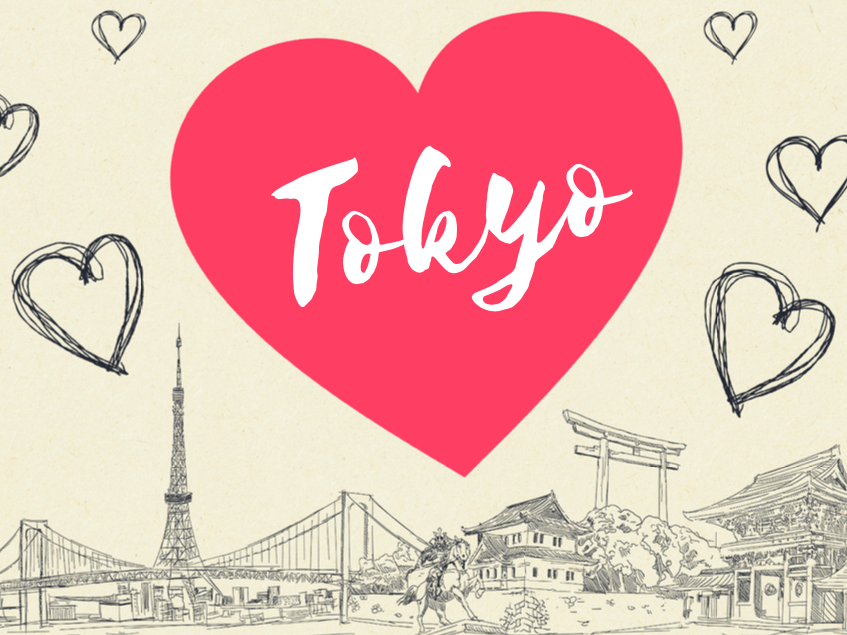
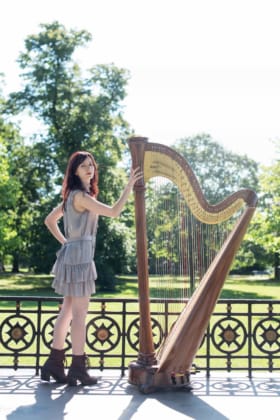 “I love how seriously Japanese people can take something that’s not that serious”
“I love how seriously Japanese people can take something that’s not that serious”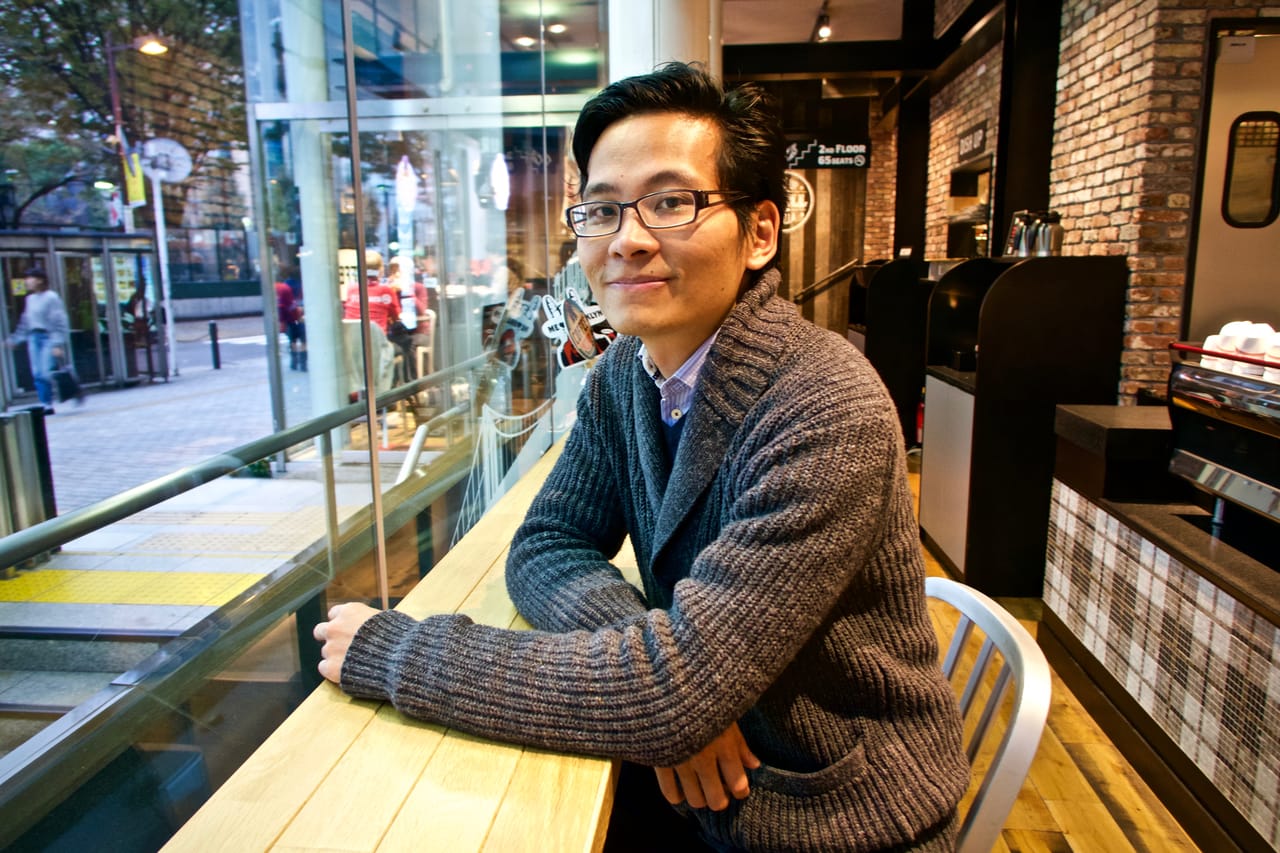
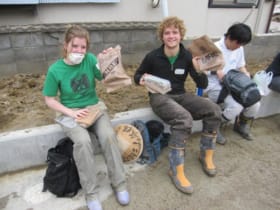 “No one is gunning for personal glory”
“No one is gunning for personal glory”